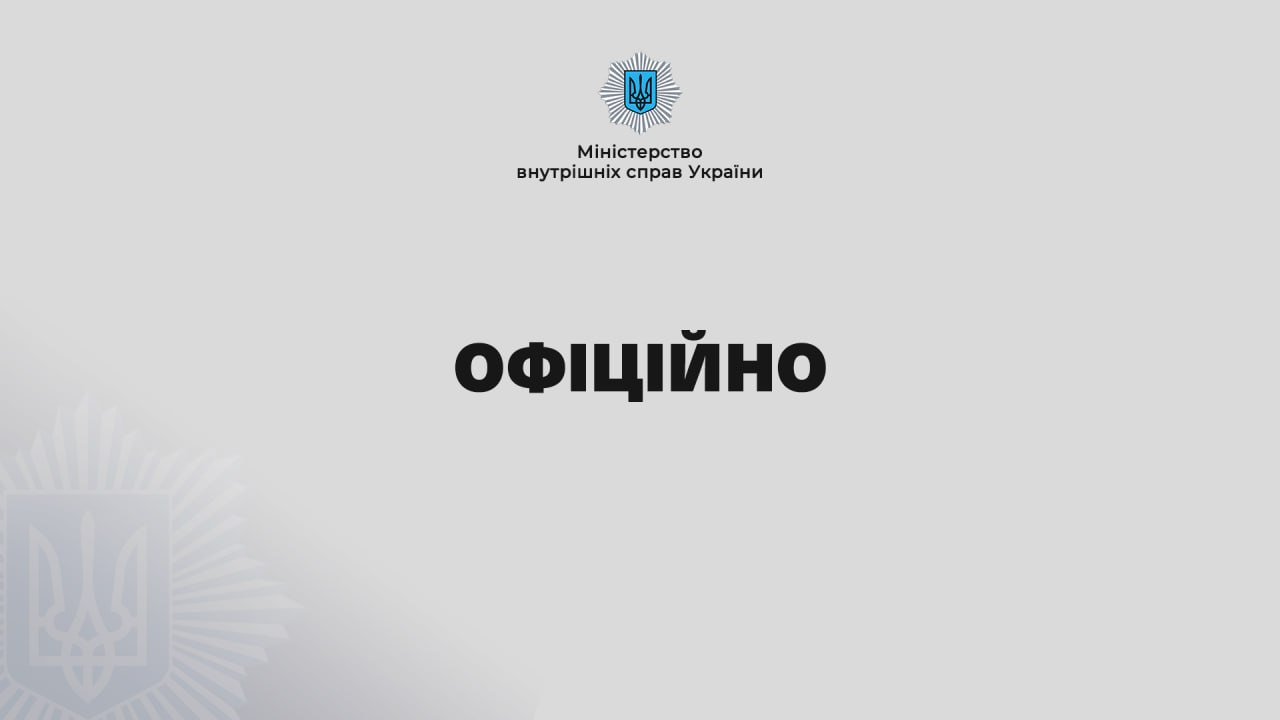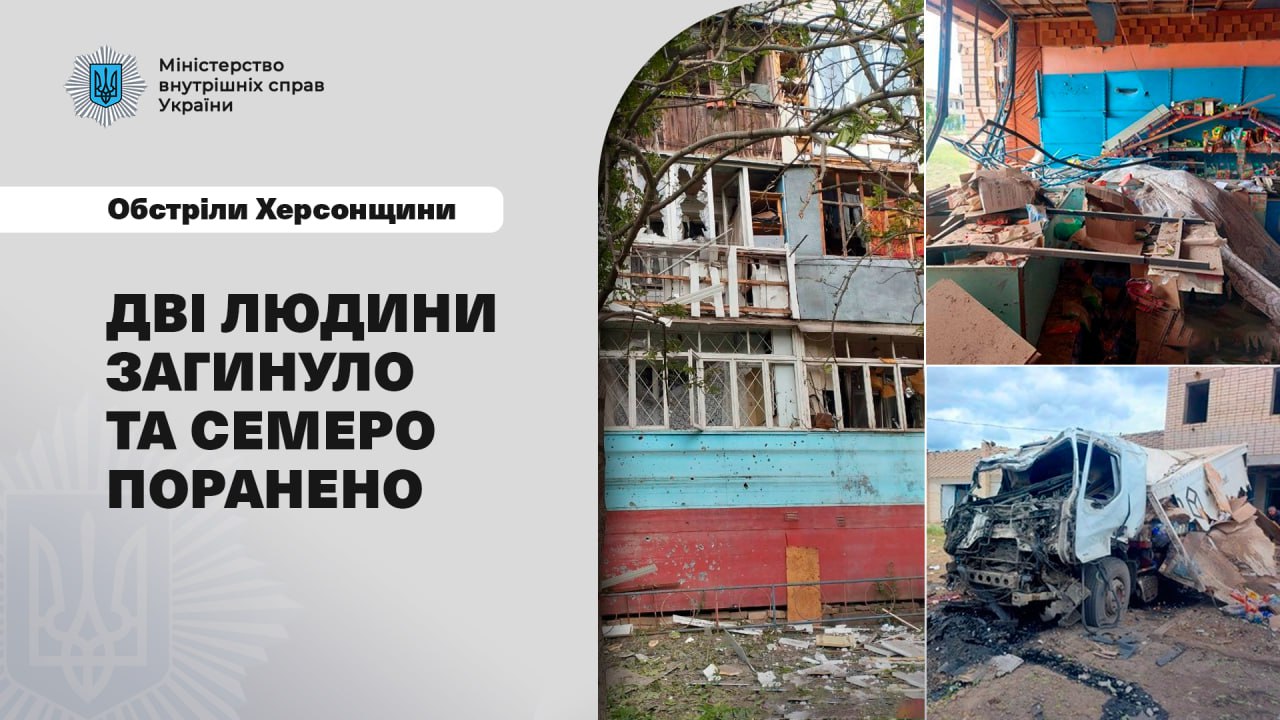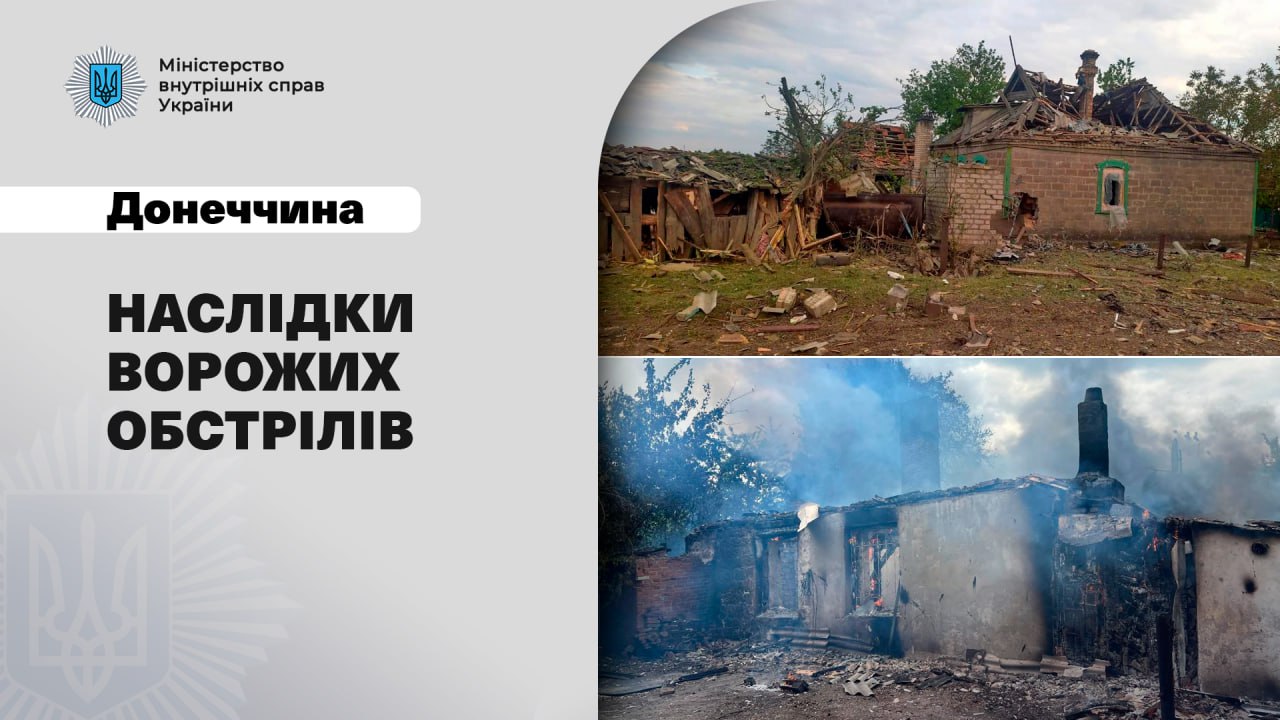A project to provide world-renowned doctors to help guards started in Kharkiv

30 children of NGU fighters, military personnel and cadets were examined by geneticists according to the most modern standards of world medicine.
Near the office of one of the doctors of the Kharkiv Medical and Genetic Center stood a girl of 14 years: miniature and shy, like a ballerina who was tired of intense training. Next to a stack of papers in her hands stood a woman - Alina's mother (for ethical reasons, the names of most of the heroes of this material have been changed). Alina's parents are servicemen of one of the units of the National Guard of Ukraine, stationed in Kharkiv region. They love their daughter. Like most other parents, they wish her a happy and healthy life. And with the health of the girl just has problems.
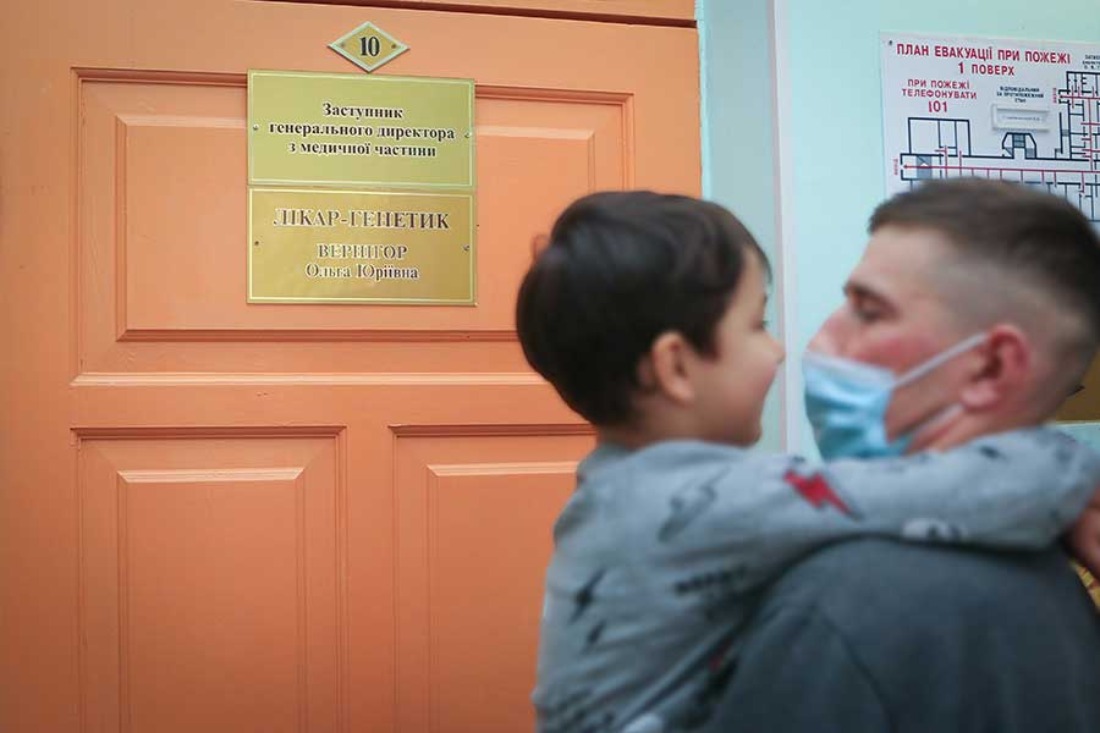
And she is not 14 years old, but 17. And the carved miniature figure is not a gift of nature or the result of intense training, but a problem, the reasons for which doctors of various clinics and hospitals have not been able to explain the reasons for which the girl's parents have been unable to explain for almost six months.
“At the age of 14, Alina began to lose weight strongly and for no reason, refused food, she even had a certain rejection of any products. We thought it was on a nervous basis — training, exams... Doctor reviews, tests and research — it all boiled down to problems along the lines of gastroenterology. A full course of treatment, which lasted several months, did not bring improvements. We were told, “Nothing serious!” But her daughter continued to lose weight even after treatment. Now it seems normal, but it does not gain weight — with a height of 158 cm, it weighs only 39 kg,” says Alina's mother.
Alina and her parents came to the Kharkiv Medical and Genetic Center in the hope of help. And the doctors of the center admit - the parents came on time, the girl is really “their patient”.
Roman is 20 years old, originally from Volyn. At the reception of specialists of the medical and genetic centers, he was brought by a member of one of the parts where the guy was called to undergo military service. Roman says that he warned the doctors of the district registry office that he has a certain and very delicate health problem. But the words of the guy were not believed, and the documents confirming the diagnosis were burned during the fire. Therefore, Roman was deemed fit and sent to Kharkov for service. And then the problem appeared literally from the first days.
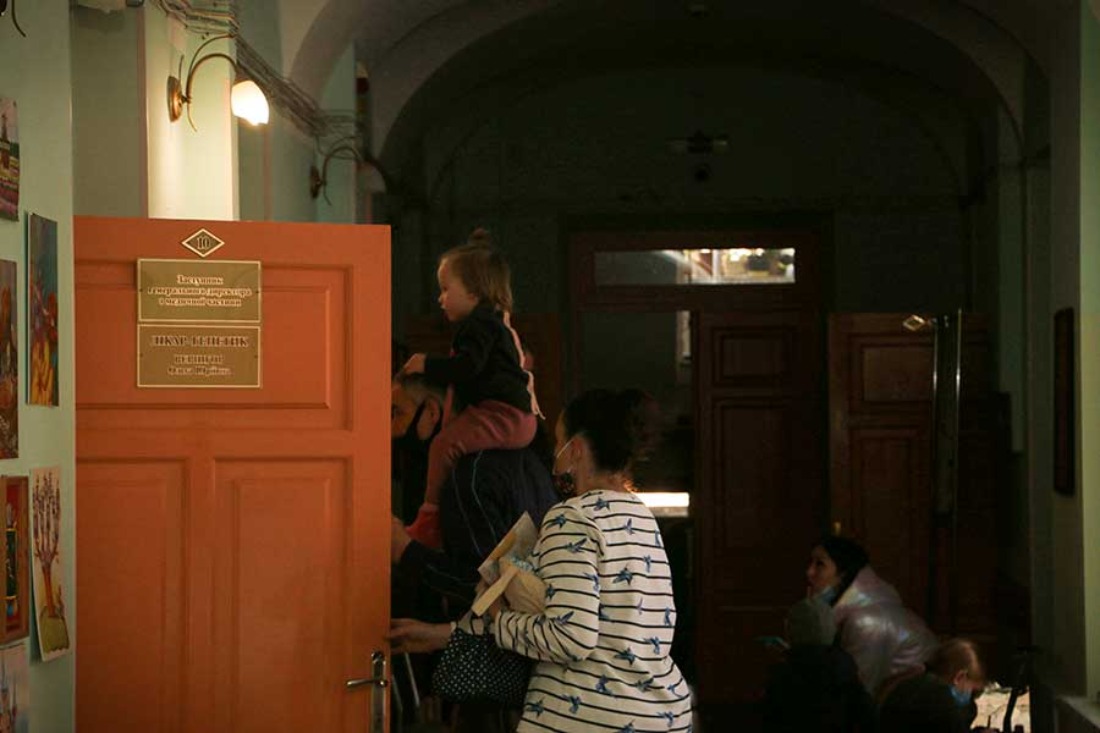
“I was not offered to be examined at home. To be honest, I did not insist, because I had no purpose to evade the service. Already in Kharkiv, the doctors of the unit began to take me to hospitals and hospitals, and when it was possible to be examined in one of the best medical centers, they immediately brought me here. I don't know what the doctors will say... I still do not refuse to serve in the National Guard. Moreover, both the officers and the guys with whom I serve sympathize with me, understand my problem, help in solving it. I'm not even sure that my health would be given as much attention and time at home as it is given during my service in Kharkiv,” Roman says. Doctors admit that the boy's problem is serious. At the same time, the young man has already been assigned a number of studies and analyzes.
“We will not only treat, but also establish the true cause of the disease. Roman will have children someday and it is important that the disease is not transmitted to them,” says Olga Vernygor, deputy director of the center and adds: Unfortunately, such a serial killer with problems that arose long before the start of the service is not alone.
It is worth noting that all the staff of the Kharkiv Medical and Genetic Center went to work on their day off for the sake of the children of the guards, the soldiers of the two units and cadets of the National Academy of the National Guard of Ukraine.
The junior medical staff jokes: “Well look at the guys in uniform! And seriously, all these people chose our protection as their profession. And we chose our profession — protecting their health. So what kind of weekends can be here? There are problems with these girls, boys or their children — so we will solve them!”
More than 30 people, MHZ doctors, worked from 8 in the morning until almost 19 in the evening. In-depth primary examination, study of medical records, registration of a new and mandatory consultation with the General Director of the “Interregional Specialized Medical and Genetic Center — Center for Rare (Orphan) Diseases”, Director of the Ukrainian Institute of Mitochondrial and Epigenomic Medicine of KhNMU, Doctor of Medicine sciences of Elena Grechanina.
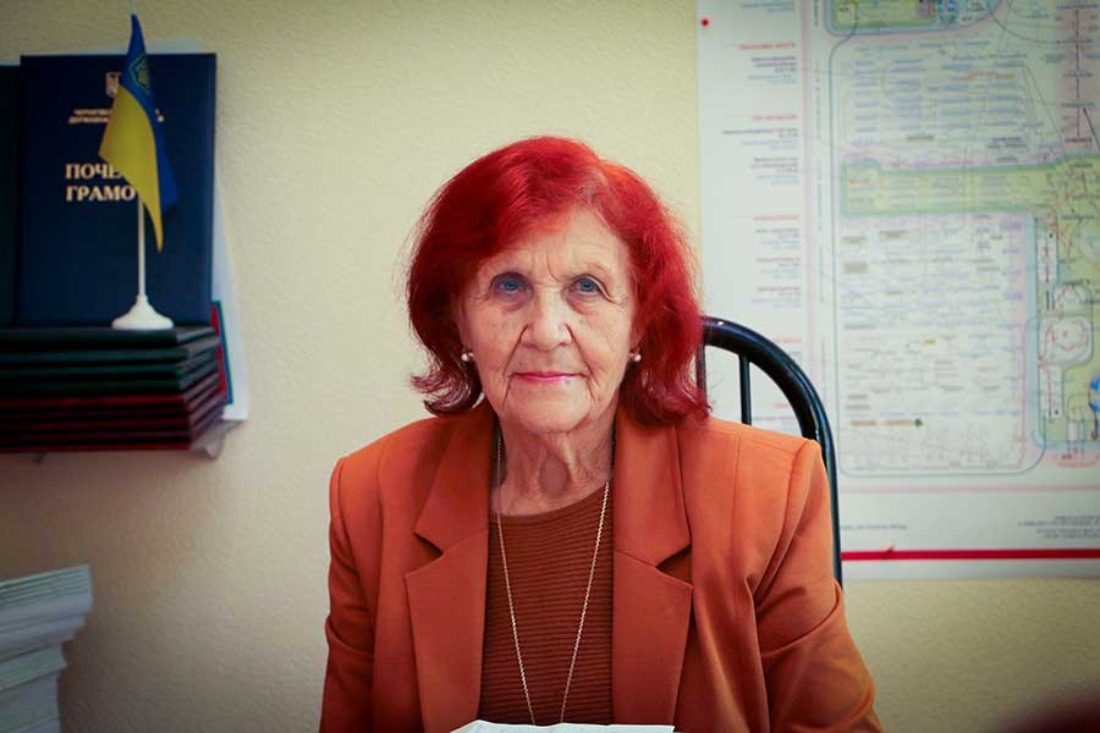
It was her agreements with the head of the National Academy of the National Guard of Ukraine, Lieutenant General Sergey Sokolovsky, and the head of the Eastern Operational and Territorial Association of the National Guard of Ukraine Oleg Sakhon that formed the basis of a wide program of examination and provision of comprehensive specialized medical care to children of guards.
“I am glad that Generals Sokolovsky and Sakhon — intellectuals and officers who care about their subordinates, understand how important it is to prevent or detect the disease as early as possible,” says Academician Elena Gechanina.
During the first reception, it was decided to give preference to children of servicemen, as well as servicemen and cadets with serious health complaints. Even families came to the reception.
And as Academician Elena Grechanina says, the idea of the doctors and two generals turned out to be not just “working”, but also showed its relevance, timeliness and effectiveness. All 30 patients really need medical care — research and counseling that will help restore health.
“Objective confirmation of the correctness of the decision made by us, the doctors, together with the two generals of the National Guard is obvious. Unfortunately, almost every child has health problems that no one pays attention to. There are also problems with young men who came to serve in Kharkov from villages and cities, where they simply did not have the opportunity to undergo serious research or get advice from geneticists. Medicine should be systematic and personalized — aimed at a specific patient. It's easier for us, because a geneticist is essentially a systemist, he always sees everything in a complex, he works in conjunction with narrow specialists, and together we quickly and accurately establish a diagnosis, prescribe treatment and, therefore, quickly help a person cope with the disease,” says Professor Elena Grechanina.
According to the director of the Ukrainian Institute of Clinical Genetics, doctors, whose opinion is respected all over the world, the children of the guards and the guards themselves deserve the best, including medicine.
“A lot of people in my family were in the military. I remember the war and the military's role in ending it. I am sincerely grateful to today's defenders of Ukraine and I want them and their children to be healthy and happy. And if I, my knowledge and experience, the knowledge and experience of my colleagues can help the guards, then we will not proclaim it, but we will take our brothers and help,” says Elena Yakivna.
Buckwheat believes that today medicine should be predictive — use the information provided by personal genomics when choosing medical procedures necessary for a particular person. And it is this approach that the specialists of the Kharkiv Medical and Genetic Center use to help the guards and their children.
Everyone who came to the appointment on that day was examined and listened to not only by a geneticist. Narrow-profile specialists of the center were connected to the examination: oncologists, neurologists, ophthalmologists, psychiatrists, etc.
“The system of examination of the guards and their children is based, if we speak in a language understandable to the average person, on the consultation of specialists — the patient and 5 specialists near him. Now the diseases are such that one patient has several independent diseases. Therefore, the relationship between a geneticist and a narrow specialist is organic, without it it is difficult and inefficient to work and treat. We diagnose and treat with a consultation of specialists. If necessary — with the involvement of foreign specialized specialists”, - explains the approach to the patient and the peculiarities of the work of Elena Grechanina. And clarifies that it is necessary to ask patients about the effectiveness of this approach.
Boris is 4 years old. In appearance — a perfectly healthy boy: restless and mischievous. And only from the face of the boy's mother it is noticeable - she is worried and a serious problem led her to the doctors. Olga, Borys's mother, is a soldier. I learned about the possibility of consulting with the professor and academician from the first part. And, as she admits, she decided not to give up: “The doctor is very famous, it is very difficult to get to an appointment with him, why not take the opportunity that fell?”
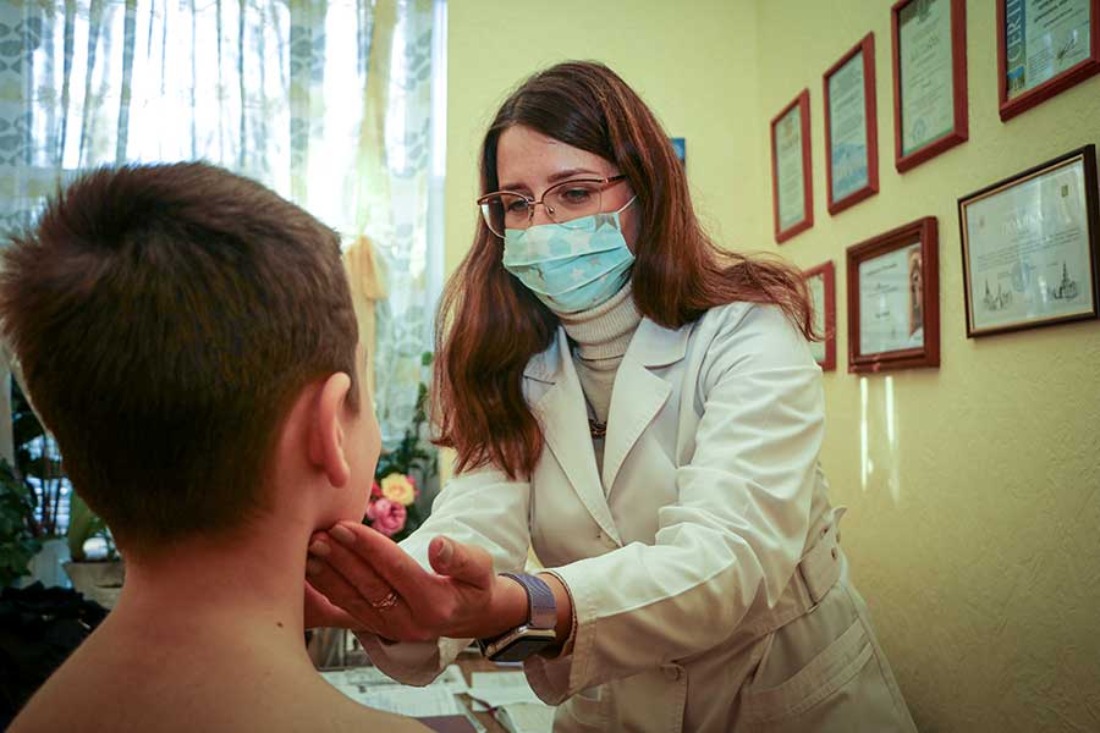
“Especially since no one could give us an accurate diagnosis despite 4 months of examinations. At some point, the son suddenly formed bumps on his legs. We went through many doctors: a pediatrician, a traumatologist, surgeons, did an MRI, ultrasound, passed a lot of tests, but no one could make an accurate diagnosis. And already in the center, Elena Yakivna told us that, perhaps, the problem is not that we “treated” all this time, but in the vessels, which no one told us before and did not even assume. Research and analyzes are assigned, a new technique”, - Olga shares her impressions. - “Here I did not see indifference to the little patients and their parents. Instead, I felt a genuine interest in helping — both first and second. Plus — knowledge, experience, ability to see the problem, think about its cause, find both the cause and ways to help the patient. I am very pleased with the reception, which, unlike the district clinic, lasts not 15 minutes, but as much as is required in each particular case - maybe an hour.”
Military doctors also positively assess the first results of cooperation. The heads of all medical departments not only brought “their patients”, but also passed all stages of examinations with them, were present at the initial examinations and consultations of Academician Grechanina.
“The members of the National Guard are my colleagues. I respect and value their work, experience and skills. The selection of children, cadets, and servicemen was carried out professionally — no unnecessary person, everything was done clearly and correctly. I think that the experience of doctors of our center will be regarded by my guard colleagues as certain advanced training courses,” says Academician Olena Grechanina.
Member of the 3rd Brigade of the Operational Assignment of the National Guard of Ukraine, Lieutenant of the Medical Service Andriy Pylypiuk has two higher educations. The guy graduated from the medical university in Chernivtsi and the military medical academy in Kiev.
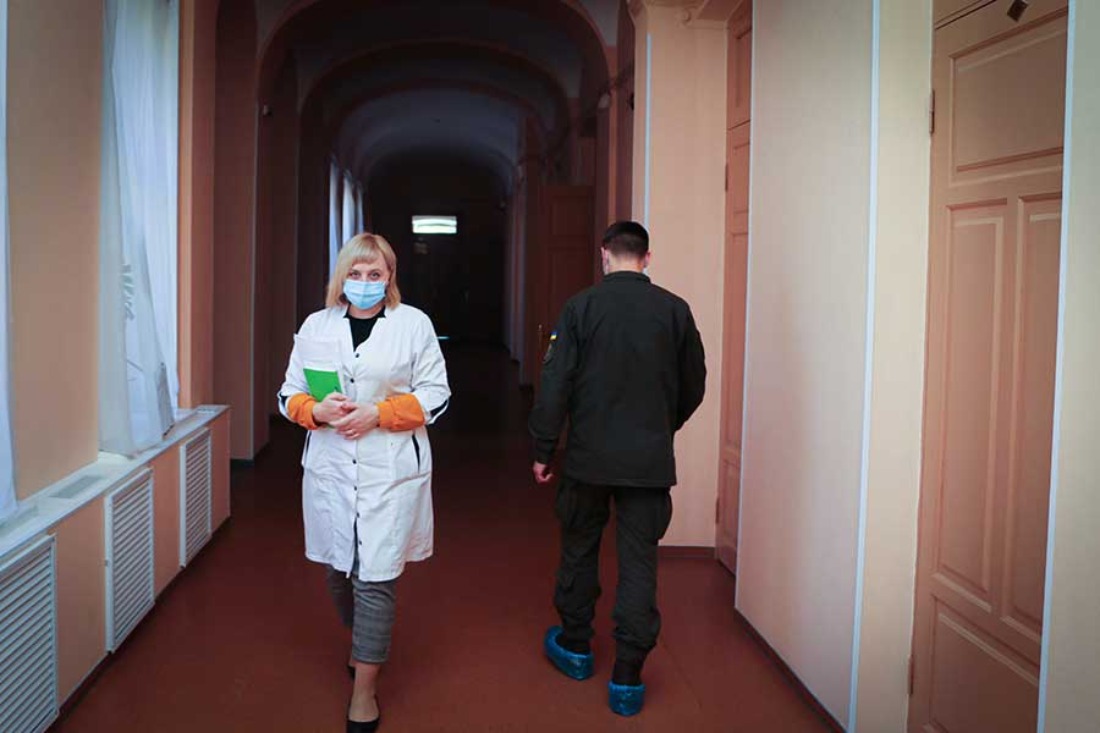
“I am glad that doctors with worldwide recognition have extended a helping hand and supported the National Guard. I consider the cooperation itself and the first reception by the specialists of the MHC Guards an excellent example to follow and an important experience for us. During the consultations of Elena Yakovna, I saw what a huge role a personalized, individual approach and aspiration has in medicine, the ability to consider a seemingly narrow problem in the context of its importance for the whole human body. Military medicine in a country that is at war should keep pace with world trends and is glad that the guards in Kharkiv have the opportunity to use the most advanced and state-of-the-art medical experience,” Andriy shares his impressions.
It is worth recalling that the work started on providing specialized and comprehensive medical care to the fighters of the NGU and their children will be continued. Memorandum of Cooperation between KNP CHR “Interregional Specialized Medical and Genetic Center — Center for Rare (Orphan) Diseases”, Ukrainian Institute of Mitochondrial and Epigenomic Medicine of KhNMU on the one hand and the Eastern Operational and Territorial Union of NGU and the National State University of Ukraine is already being prepared for signing Academy of NGU — on the other hand.
In November, it is planned to conduct a second inspection and consultation by employees of the MHC — this time cadets and strollers. And from the new year, field consultations of specialists of the MHC of NGU servicemen and their children will be organized in Sumy, Slavyansk, Mariupol, Rubezhny.
Dmitry Brooke,
Photo by Dmytro Obraztsova




